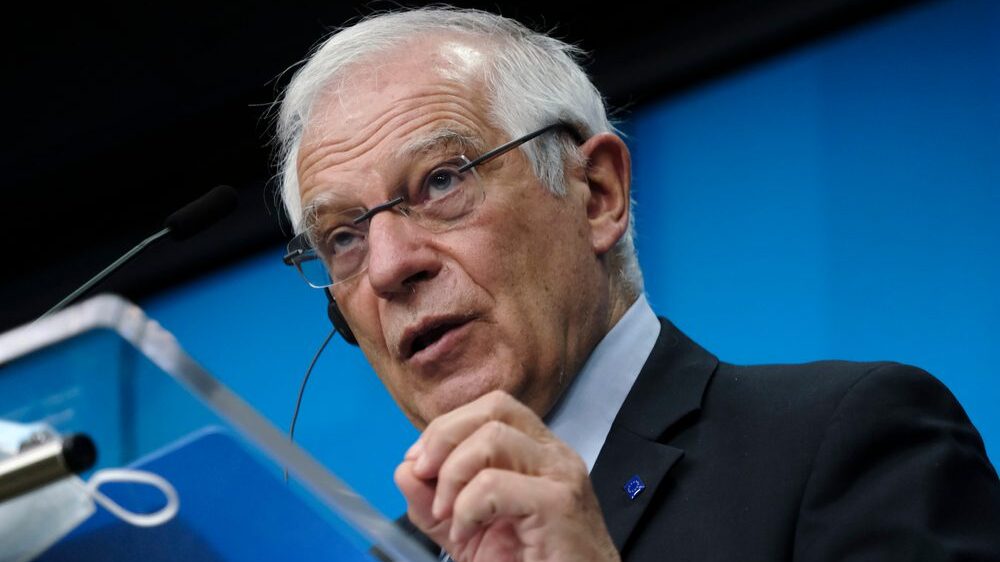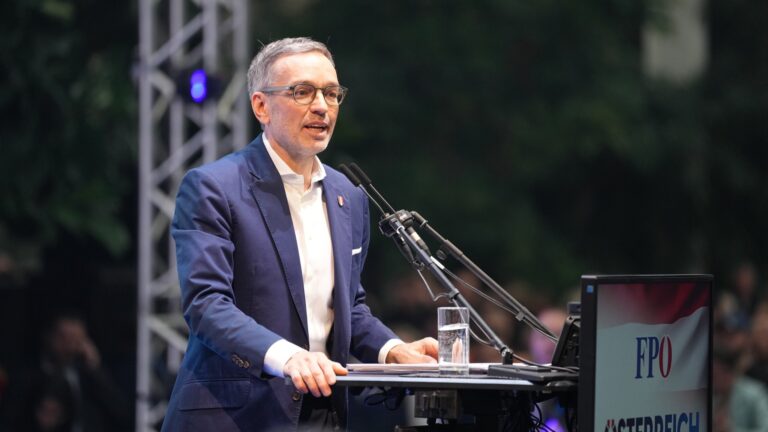EU foreign ministers agreed on a plan to reduce the bloc’s economic dependence on China during an informal meeting near Stockholm on Friday, May 12th, organized by the EU Council’s Swedish presidency. The agreement to pursue a policy of “de-risking” when it comes to dealing with China came only days after Beijing explicitly warned against it.
Specifically, the plan tries to strike the right balance among the interests and wishes of the EU’s 27 member states, envisioning an agreement that manages to keep a distinctive European approach to China while also seeking a close relationship with Washington, which continues to lobby in Brussels for an even stronger stance on Beijing.
According to Euractiv, the EU policy that the ministers discussed paid special attention to presenting China as a geopolitical rival and economic competitor, but also as a potential partner on global issues.
As the EU’s foreign affairs chief Josep Borrell explained in a letter accompanying the proposal, fundamental values as well as strategic and economic security are at stake, and are among the primary reasons for recalibrating the EU’s China policy.
But the most important reason, Borrell added, is to avoid making the same “strategic mistake” the EU ran into with Russia: becoming too dependent on its hydrocarbons and then struggling to quit as war breaks out. “When a dependency is too big, it’s a risk,” Borrel said.
At the same time, officials are cautious not to use the word “decoupling.” They instead prefer the more friendly-sounding “de-risking” because—as Borrell explained—the aim is not to decouple the two economies before they become too intertwined, but only to “rebalance” their relationship.
“We, as Europeans, do not want decoupling,” German Foreign Minister Annalena Baerbock said. “But we want to minimize our own risks that endanger our security.”
All this caution is more than warranted, considering that the event took place only three days after Chinese Foreign Minister Qin Gang issued a few thinly veiled threats toward the EU while meeting Baerbock in Berlin. While spelling out any such policy’s potential fallout, Qin also made sure to convey that the EU can call it whatever it wants, Beijing sees right through the communication:
If one gets rid of China in the name of de-risking, it will become de-opportunity, de-cooperation, destabilizing and de-development.
But behind all the rhetorical stunts, everyone sees the possibility of a future invasion of Taiwan lurking, for which the EU is clearly unprepared. This is why some officials even said the quiet part out loud.
“Somebody has to devise a possibility that a de-coupling might happen,” Lithuanian Foreign Minister Gabrielius Landsbergis said, “not because we wished it, like with Russia … but because the situation, for example in the Taiwan Strait, has been changed by force.”
But while EU members agree on “de-risking” in principle, there’s still much to discuss about the details. “It is desirable to hear the EU27 choir singing in unison, but on this China paper, it seems that we are still a few octaves apart,” one of the diplomats noted afterward. Some of the more moderate members would like to take the process slowly, while a few China hawks would rather confront Beijing right away.
The issue will be discussed in an official setting at the Council’s upcoming Summit in June when China will be one of the dominating items on the agenda.






